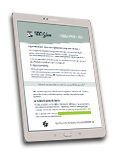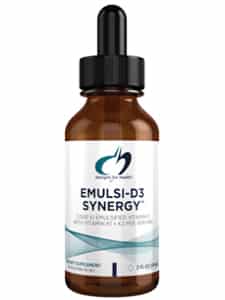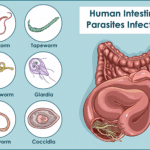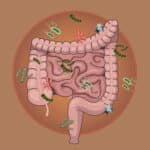Exploring Immune-Boosting Supplements for Fall Wellness Series – Vitamin D

Did You Know?
- If you want to boost your immune system, it doesn’t start when you get sick with a cold or flu.
- Studies show that taking vitamin C after the onset of a cold doesn’t help.
- Prior to getting sick, it’s best to measure vitamin D and zinc to make sure that you have adequate levels.
- Those who were either zinc or vitamin D deficient when they entered the hospital sick from COVID had a much higher mortality rate. Dosing after the onset of COVID had little effect.
- Boosting your immune system is a year-round endeavor!
To enhance your immune system, its fortification isn’t a last-minute measure when illness looms or during flu season; rather, it’s a year-round commitment rooted in supporting the health and mental wellbeing of your body; with a special focus on gut health. It’s common to see people relying on long-term zinc supplementation or initiating vitamin C intake only after falling ill, but both practices are suboptimal.
The changing seasons can impact our body’s ability to ward off infections, making it essential to consider supplements that support our immune system. This effort should start now.
Join me today as I dive into the world of immune-boosting supplements This series will touch on zinc, vitamin C, probiotics, elderberry, vitamin D and mushrooms. I’ll discuss correct dosing and duration, adequate levels, when to take and I’ll share my favorite go-to brands with you.
Let’s kick off the series with Vitamin D!
Vitamin D: The Immunomodulator
With the decrease in sunlight exposure during fall, our bodies might not be producing adequate levels of vitamin D. Many understand that vitamin D plays a crucial role in bone formation, yet its functional ability goes well beyond this. It modulates immune responses and enhances immune cell function [1]. Research suggests that maintaining optimal vitamin D levels can help reduce the risk of respiratory infections and support overall immune health [2]. Optimal vitamin D status is also associated with lower hospital admissions and low vitamin D status is associated with mortality with COVID-19 [3].
It also plays a role in maintaining both abundance and balance of our GI bacteria, as well as driving GI inflammation and permeability down [4]. Preliminary studies show that vitamin D is also antimicrobial. It can also help place Cronh’s Disease (inflammatory bowel disease) into remission [4].
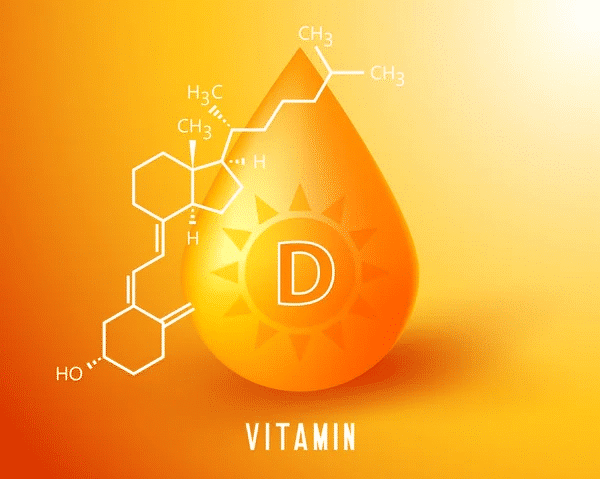
Vitamin D is also involved in loss of oral tolerance. Dendritic cells are immune cells that lie behind the epithelial layer of your GI tract. These cells reach their arms (called dendrites) into the GI tract and sample the contents. If the dendritic cell believes that the sample contains something harmful, it will turn and present it to the immune system. If this happens too often, the immune system can start to lose tolerance to the normal inhabitants and food stuff that is making its way through our GI tract. Dendritic cells have both Vitamin D and Vitamin A receptors. If either is deficient, then the dendritic cell can become overactive, driving immune intolerance [4].
The RDA for vitamin D is woefully lacking. It was recently increased from 400IU a day, to 800IU (equivalent to 15mcg). This is simply meant to prevent deficiency. RDA levels are not set to optimize levels of nutrients in the body.
What is the Correct Vitamin D Level?
Currently on the NIH website, they discuss adequate blood levels of 25-hydroxyvitamin D as follows [5]:
- Levels of 50 nmol/L (20 ng/mL) or above are adequate for most people for bone and overall health.
- Levels below 30 nmol/L (12 ng/mL) are too low and might weaken your bones and affect your health.
- Levels above 125 nmol/L (50 ng/mL) are too high and might cause health
Most labs report adequate vitamin D as >25-30ng/mL. I feel it’s interesting to point out here, that there isn’t a universal lab value range that all labs use. Standard labs can differ in ranges by up to 12+ points among all markers tested. If you were to run vitamin D with two different labs and your value reported is 27ng/mL, one lab would report you as deficient and the other lab would report you as sufficient, yet neither would be correct.
If we go back to the NIH and read through their recommendations, they do state that “levels of 50 nmol/L (20 ng/mL) or above are adequate for most people for bone and overall health.” From a functional perspective, ideal ranges of 25-hydroxyvitamin D are between 50 and 95 nmol/L. To reach these adequate levels, there’s really no way that a daily dose of 400IU or 800IU will help you reach this goal.
As a supplement, Vitamin D3 is the preferred form
The RDA for vitamin D is woefully lacking. It was recently increased from 400IU a day, to 800IU (equivalent to 15mcg). This is simply meant to prevent deficiency. RDA levels are not set to optimize levels of nutrients in the body.
For an effective maintenance dosage, I suggest a daily intake of approximately 2000 IU of vitamin D3. If your goal is to elevate your blood levels, you might consider adjusting the dosage to range between 4,000 and 8,000 IU per day.
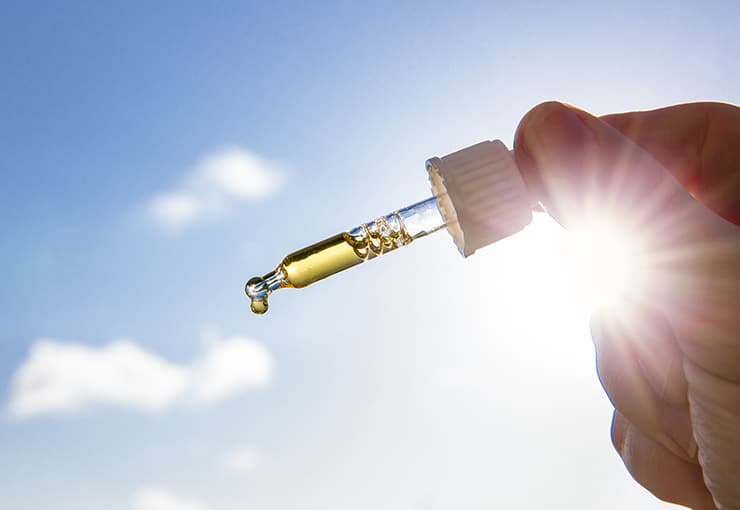
Optimal timing for vitamin D3 supplementation is during dinner. Since it functions as a hormone and is more readily absorbed at night, this timing aligns with its natural rhythm. As vitamin D3 is a fat-soluble nutrient, its absorption is optimized when taken alongside a meal rich in dietary fat. To enhance absorption further, I recommend opting for an emulsified version of the supplement:
If you have Leaky Gut, then I recommend a combo product, with Vitamin D, Vitamin A and Vitamin K. You may still need to take additional vitamin D.
- Aranow, C. (2011). Vitamin D and the immune system. Journal of Investigative Medicine, 59(6), 881-886. doi:10.231/JIM.0b013e31821b8755
- Martineau, A. R., Jolliffe, D. A., & Hooper, R. L. (2017). Vitamin D supplementation to prevent acute respiratory infections: individual participant data meta-analysis. Health Technology Assessment, 21(13), 1-44. doi:10.3310/hta21130
- Hosseini B, El Abd A, Ducharme FM. Effects of Vitamin D Supplementation on COVID-19 Related Outcomes: A Systematic Review and Meta-Analysis. Nutrients. 2022 May 20;14(10):2134. doi: 10.3390/nu14102134. PMID: 35631275; PMCID: PMC9147949.
- Suaini NH, Zhang Y, Vuillermin PJ, Allen KJ, Harrison LC. Immune Modulation by Vitamin D and Its Relevance to Food Allergy. Nutrients. 2015 Jul 27;7(8):6088-108. doi: 10.3390/nu7085271. PMID: 26225992; PMCID: PMC4555110.
- Vitamin D – Consumer (nih.gov) https://ods.od.nih.gov/factsheets/VitaminD-Consumer/
Enjoying this content? Sign up for updates... It's FREE!


